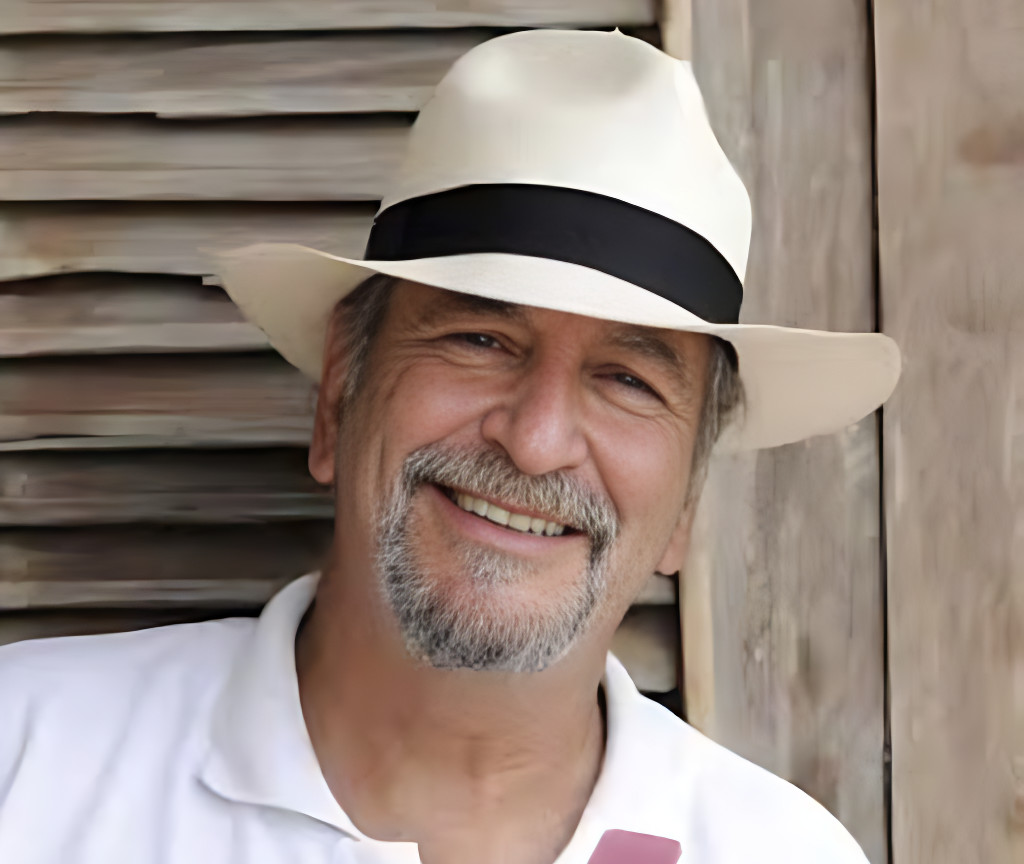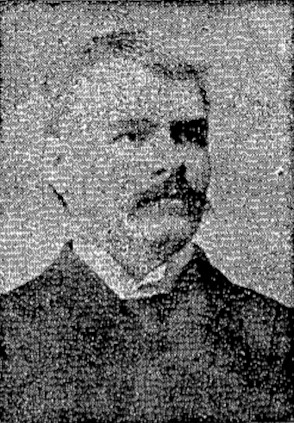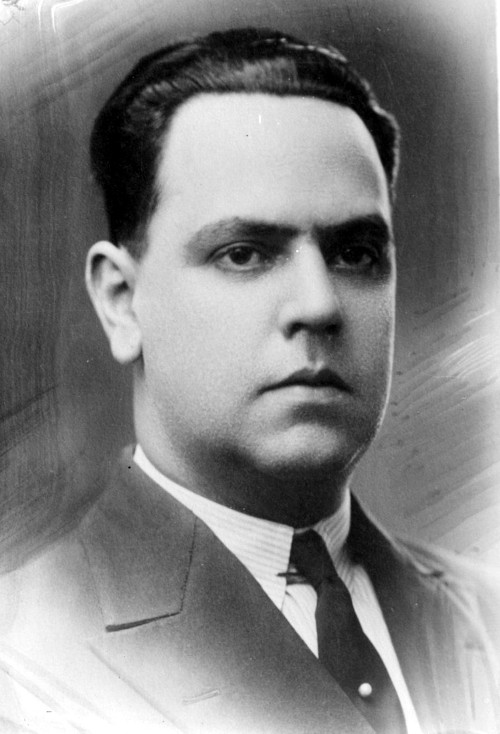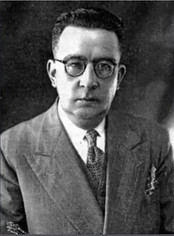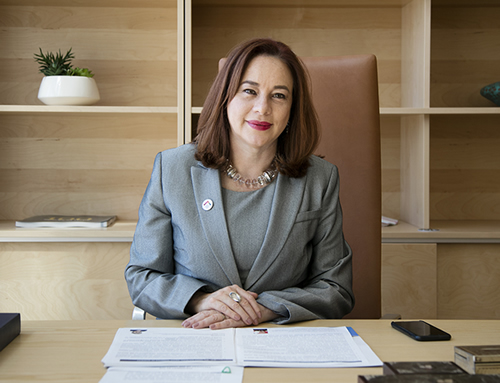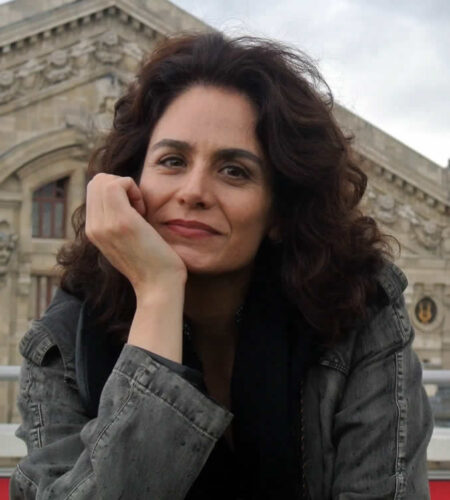Ricardo de la Fuente (Llanura, Argentina) was an Argentinian writer, journalist and professor who immigrated to Ecuador in 1976 and lived in the coastal city of Manta since 1985. He pursued humanities and journalism studies at the University of La Plata. Later, he worked for radio stations and publications up until 1976, when the military dictatorship in Argentina imprisoned him without actually ever bringing any charges against him. He relocated to Ecuador after being set free, where he established a family and worked as a journalist. He contributed to the Diario Manabita and El Sol newspapers in Ecuador. He received the “la Pluma de Oro” medal from the “Jorge Mantilla Ortega” national journalism competition in 1997. He wrote about a dozen nonfiction books and a novel entitled “Tagua. Una Historia de Ultramar.” He taught at the Faculty of Communication Sciences at the University of Manta.
Continue reading “Ricardo de la Fuente”Category: Born outside of Ecuador
Gonzalo Llona
Gonzalo Llona Marchena (Lima, Peru, March 21, 1864 – May 20, 1933) was a poet and journalist. He was the son of the famous Ecuadorian poet Numa Pompilio Llona. He was a staff editor of the newspaper El Telegrafo. He wrote the hymns of several schools, a labor union, the firefighters of Guayaquil and the Boy Scouts of Ecuador. In 1921 he published “Ecos del alma,” a collection of hymns and patriotic poems.
Continue reading “Gonzalo Llona”Francisco Arízaga Luque
Francisco Arízaga Luque was an Ecuadorian poet, writer and politician. He was born in Lima, Peru on February 6, 1900, while his father was exiled by the liberal regime of Eloy Alfaro, and died in Guayaquil, Ecuador on October 22, 1964. Arízaga served as the President of Ecuador from July 14, 1925 to January 10, 1926 as part of the First Provisional Government. Other public posts he held include Minister of Public Education and Ambassador of Ecuador to the United Kingdom and Venezuela.
Continue reading “Francisco Arízaga Luque”Víctor Manuel Albornoz
Víctor Manuel Albornoz Cabanilla (Lima, March 23, 1896 – Cuenca, October 26, 1975) was an Ecuadorian writer, poet, biographer, and historian.
María Fernanda Espinosa
María Fernanda Espinosa Garcés (b. September 7, 1964, Salamanca, Spain) is an Ecuadorian politician, diplomat, writer, and poet affiliated with the political party PAIS Alliance. She holds the distinction of being the first woman to serve as Ecuador’s minister of national defense, the first woman to be appointed as Ecuador’s permanent representative to the United Nations in New York, and the first Latina woman to be elected as president of the UN General Assembly. Prior to her political and diplomatic career, she was an Associate Professor and Researcher at the Latin American Faculty of Social Sciences (FLACSO). Ms. Espinosa Garcés is also a prolific writer and poet, having published over 30 academic articles on various topics such as the Amazon River, culture, heritage, climate change, and foreign policy, among others. She has authored five volumes of poetry and was awarded the Ecuadorian National Poetry Prize in 1990.
Continue reading “María Fernanda Espinosa”Gabriela Alemán
Gabriela Alemán is an Ecuadorian writer, translator, literary critic, academic and professor. She was born in Rio de Janeiro to Ecuadorian parents on September 30, 1968. After living in several countries in her youth, she settled in Quito, Ecuador. Alemán studied translation at University of Cambridge (UK), received a master’s in Latin American Literature at Simon Bolivar Andean University (Ecuador) and obtained a doctorate at Tulane University (New Orleans). In 2006, she received the Guggenheim scholarship in Film, Video and Radio Studies. Alemán won First Place at the CIESPAL de Crónica Awards for her article “Los limones del huerto de Elisabeth” (2014), and the Joaquín Gallegos Lara Prize for her short story collection La Muerte silba un blues (2014). Her best known novel is Poso Wells (2007; translated into English by Dick Cluster, 2018). The Paris Review, The New Yorker, and Los Angeles Review of Books have published commentaries and interviews about the novel. Alemán teaches at the University of San Francisco, Quito and at Tulane University.
Continue reading “Gabriela Alemán”
